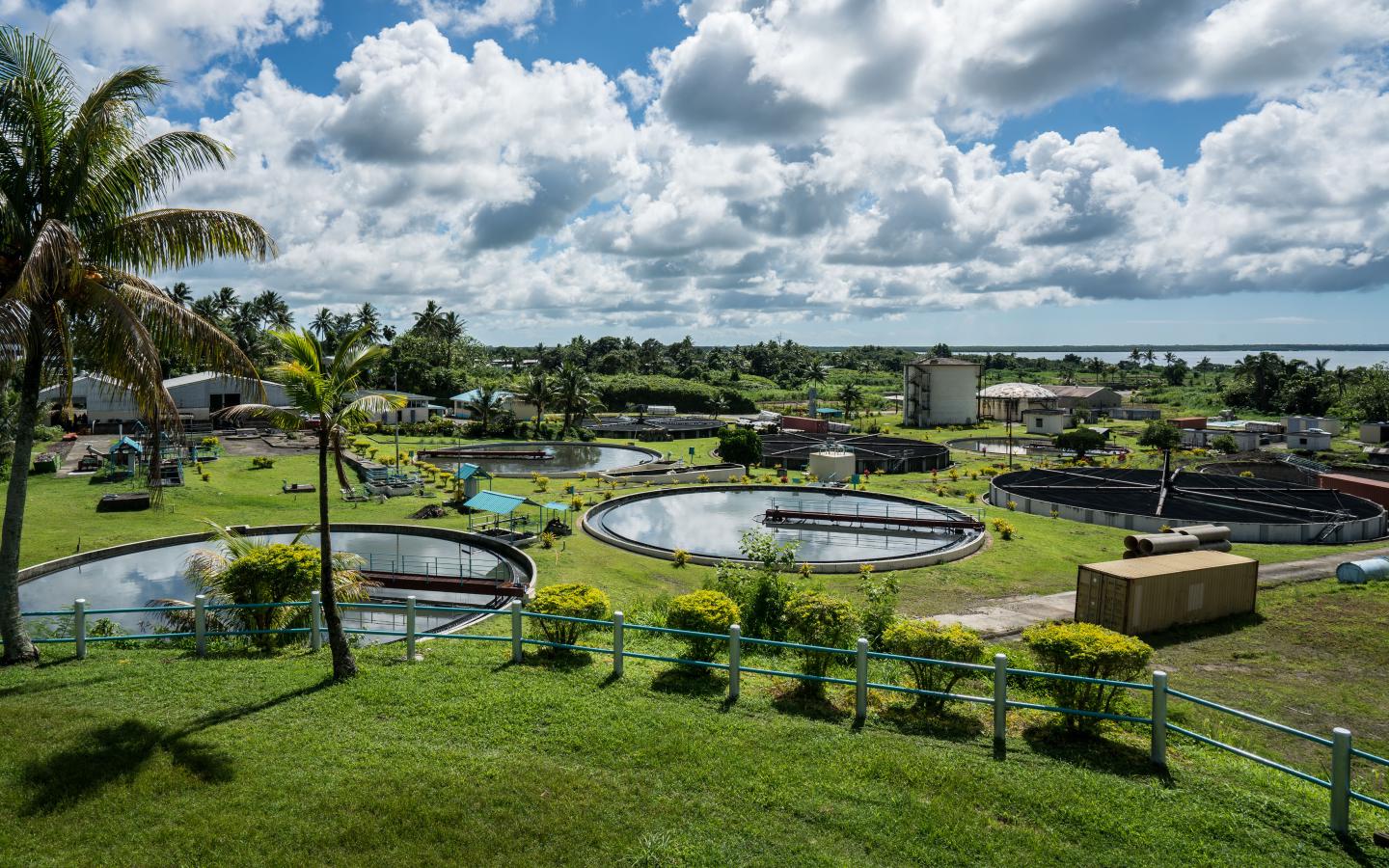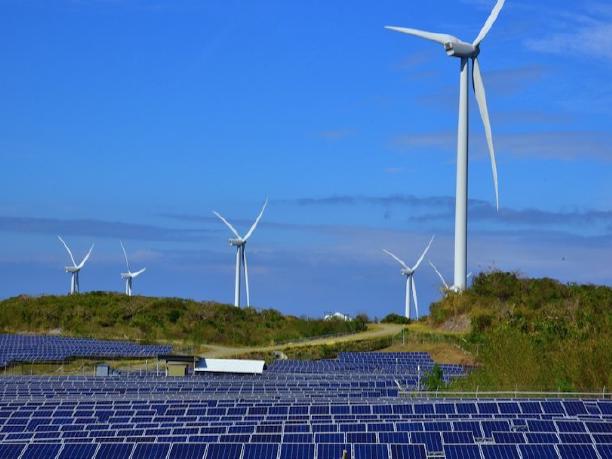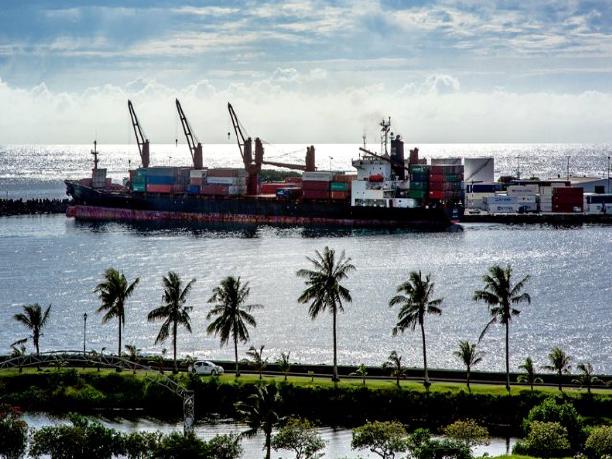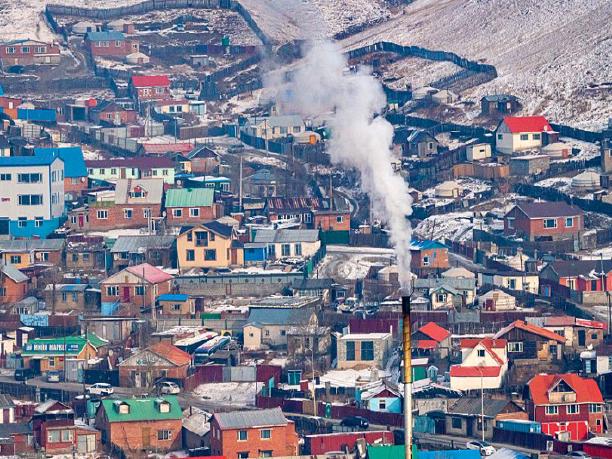Green Climate Fund
Listen to the article
Cumulative
- Project-Specific Cofinancing $633 million
2023
- Project-Specific Cofinancing $51.7 million
The Green Climate Fund (GCF) was created in 2010 as a global fund helping developing countries overcome the challenges of climate change. The GCF aims to catalyze the flow of climate finance to low-emission and climate-resilient development, driving a change in thinking in the global response to climate change. The fund’s investments can be in the form of grants, loans, equity, or guarantees.
The GCF, established by the 194 signatory countries of the United Nations Framework Convention on Climate Change, focuses on reducing greenhouse gas emissions in developing countries and helping vulnerable societies adapt to climate change’s unavoidable impacts.
In July 2023, ADB and the GCF renewed an agreement allowing ADB to continue accessing GCF funds for its climate finance ambition in Asia and the Pacific.
In October 2023, the GCF approved $120 million in climate adaptation financing to support ADB’s Community Resilience Partnership Program (CRPP), which aims to strengthen climate resilience in poor and vulnerable communities by scaling up climate adaptation investments at the local level. The CRPP is a regional program that will mobilize large-scale public investments that support community-level adaptation for poor and vulnerable people, develop national and local policies and initiatives that promote financing for community-led adaptation, and increase the meaningful participation of poor people, especially women, in resilience-related decision-making.
Highlights
Sovereign Cofinancing. The GCF committed $51.7 million in total cofinancing in 2023, of which $50 million was channeled through the ASEAN Catalytic Green Finance Facility, to support the Philippines in establishing a modern public bus transport system in Davao City, the third-largest city in the country. The project is part of the efforts of the Department of Transportation to improve the public transport system in the Philippines by creating a reliable, safe, and comfortable passenger experience and reducing air pollutants and greenhouse gas emissions.
Knowledge. During a side event at the 2023 United Nations Climate Change Conference (COP28), ADB organized a session that engaged high-level representatives from governments, financial institutions, and philanthropy in a dialogue to identify approaches and measures for scaling up climate adaptation investments at the local level and discuss how the CRPP can help address key barriers and promote innovative solutions. GCF Executive Director Mafalda Duarte attended the event. The CRPP is operationalized through (i) a multi-donor trust fund that supports generating evidence and knowledge, building capacity, and developing large-scale public investments that can promote local adaptation measures; and (ii) an investment fund supported by the GCF and ADB that provides concessional resources for implementation of local adaptation solutions.
News
25 Oct 2023
$120 Million from the GCF Supports ADB’s Community Resilience Partnership Program in Asia and the Pacific
The GCF has approved $120 million in climate adaptation financing to support ADB’s Community Resilience Partnership Program.




